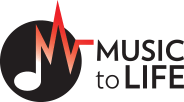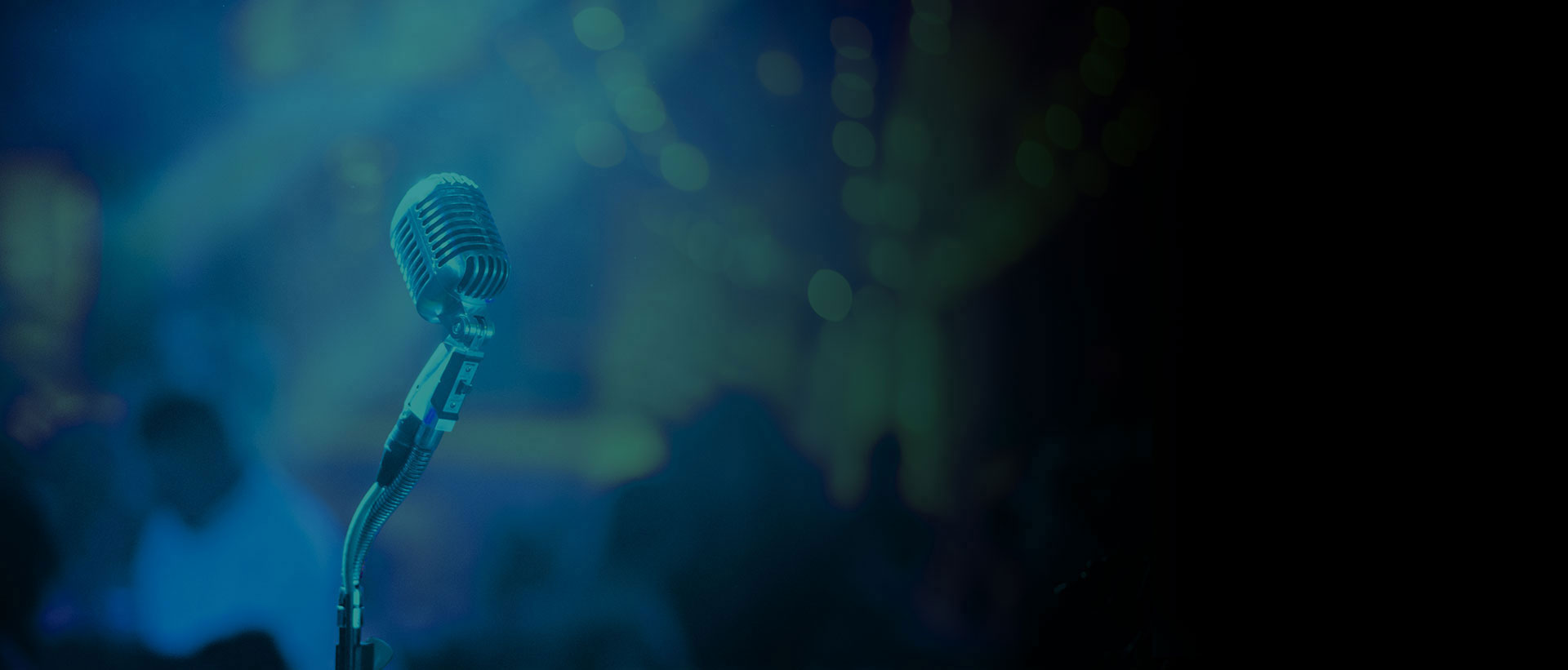MCA Academy
The Musician Changemaker Accelerator (MCA) Academy is a 6.5-month incubator and training opportunity that empowers musicians to develop entrepreneurial approaches to their social change work. Led by experts in the fields of social justice, nonprofit work, business leadership and arts industry, the MCA is designed to be a transformative experience for each musician, sparking their capacity to support themselves while being effective change agents for communities-in-need. Integral to this work is an equity lens that anchors engagement and program development around the core values of inclusion, cultural and socioeconomic sensitivity, and respect for all approaches and points of view.
The MCA Academy Provides:
- Instruction: 6 weeks of professional development training for social change musicians with ideas for revitalizing their communities
- Coaching: Each artist is paired one-on-one with a high-caliber arts and social justice coach for 20 weeks after the instructional period
- Exchange: Artists share lessons learned and best practices with cross-genre peers through small group work
- Tool Kit: Throughout the program, artists work to develop a detailed outline of their social change project and a roadmap for connecting with the resources and partners to make their concept a fundable reality
- Exposure: Year-round opportunities to celebrate the work of alumni artists and visibility at the culminating celebration/showcase
The MCA Academy is a program of Music to Life, made possible by a generous contribution from the Mellon Foundation:
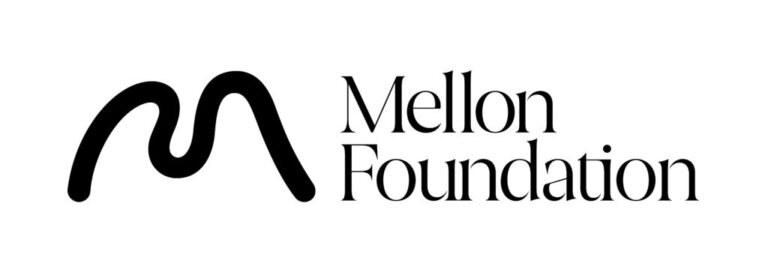
...and delivered with our partners:
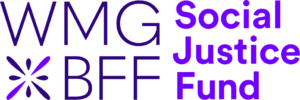
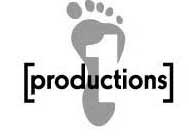
WHO: The experience is limited to 10 social change musicians of all genres oriented toward one of our social justice pillars: civil rights, human rights, poverty, health or climate change.
WHAT: An intensive curriculum that will explore tools to organize, plan, and raise funds for a music-driven social change concept, with the goal of developing an individualized, feasible proposal that prepares each artist to take their concept into their community, in partnership with key stakeholder/s such as nonprofits or social enterprise organizations, funders, underwriters and/or fiscal agents.
WHEN: Six consecutive weeks of instruction followed by 20 weeks of coaching and peer to peer gatherings to discuss experiences, typically conducted 2 times a year (Fall and Spring).
WHERE: Training sessions are held online via Zoom and course materials are shared through Google Classroom. In May of each year, select graduates from the MCA Academies will be identified - based on their community impact - to appear in our Unplugged online showcase.
MCA Academy Curriculum
The 6-week Academy curriculum is taught and facilitated by experts in the music, nonprofit, business and entertainment industries in 2-week themed sessions. Each week includes two days of 2-hour instructional meetings, a coordinated/curated Lunch & Learn (hour-long facilitated discussion by invited guest) and relevant readings or assignments (no more than 1-2 hours per week for participants).
WEEKS 1 & 2 — Orientation & Phase I: Effective Storytelling
Orientation to the program including introductions, walkthrough of the process and review of expectations. Exploring the basics of a good idea: sharing our stories and building a compelling proposal and an effective marketing campaign.
Equity Lens:
Set rules of engagement; ensure that conversations don’t get derailed; caring for self while also caring for community.
Cultural implications of your work; what values will you lead with?
WEEKS 3 & 4 — Phase II: Program Development
Taking your story from concept to program: understanding your audience (those community members you wish to serve), the basics of a fully functioning program, collaborating with a nonprofit, and how to know you’re making a difference.
Equity Lens:
Untangling your real worth (historical, how we grew up, perceptions of our place in the world).
Working across differences, cultural competency.
Digital divides, providing equal access
WEEKS 5 & 6 — Phase III & Conclusion: Securing Partnerships and Resources
Connecting with and marketing to the key nonprofit partners, funders and other sources of support to help launch and sustain your program. Participants will develop a business plan outline to frame their concept and guide their next steps with mentors. Concluding session of the course involves sharing lessons learned, questions/concerns, present artist concepts, meet coaches for the next segment of the MCA Academy.
Equity Lens:
Researching a like-minded partner, being conscious of the population you’re trying to reach.
Branding-how can you offer an authentic, honest voice to your work, what does it mean to be an ally?
Self care-what does it mean to share the burden, can you allow this, don’t always have to be the lone wolf
Mentorship
Following the 6-week instructional period, musicians work closely with their coaches to complete the following benchmarks over 20 weeks of individual mentoring:
- Define and communicate concept
- Stakeholder mapping
- Community partners identified, secured & collaborations outlined ($500 to community partner)
- Funding sources identified
- Pitch sessions with highly qualified pitch coaches
- Community partner collaboration continued and finalized
- Funding sources identification continued
- Program pilot outlined (artist applies for pilot funds from $2K pool)
- Program pilot scheduled
- Final pitches captured on video
- Program pilot conducted and assessed
- Grant proposals developed (individually or in collaboration with partner) - from the bullets -
- Review of pilot assessments
- Discussion of next steps
Cost
COST: There is no fee to apply. Once accepted, artists are granted a $500 participation stipend, up to $2,000 in matching funds for pilot program support from Music to Life, and additional earned income via available grants and performance opportunities. The MCA Academy is valued at $7,500 per artist and has been generously subsidized by the Mellon Foundation and Music to Life’s program partners. Please reach out to us at programs@musictolife.org with any questions.
Given Music to Life’s commitment to racial justice, equity and inclusion, we strongly encourage applications from women, people of color, and those who identify with or are members of historically marginalized or underrepresented communities.
In order to keep program tuition fees accessible for all, Music to Life is seeking additional individual and corporate support. If you'd like to sponsor an artist through providing a scholarship, please contact us at info@musictolife.org.
NOMINATIONS/APPLICATIONS: Nominate a musician who you think would benefit from social change entrepreneurial training and we’ll invite them to apply - reach out to programs@musictolife.org with artist name and contact information. If you’re a social change artist, you can nominate yourself - applications will be issued shortly; or contact us at programs@musictolife.org to request one. We’ll notify you when applications open.
FAQ
Music to Life's MCA Academy is valued at approximately $7,500 per applicant. This includes artist stipends and expenses for pilot instruction, development and graduation showcases, entrepreneurial assistance/training, and technical assistance for participating artists.
The duration is 6.5 months: 6 weeks of Academy classes followed by 20 weeks of coaching and a culminating event/showcase.
Our MCA Academy typically runs 2 times per year and each Academy accepts up to 10 social change musicians of diverse backgrounds, styles and approaches.
